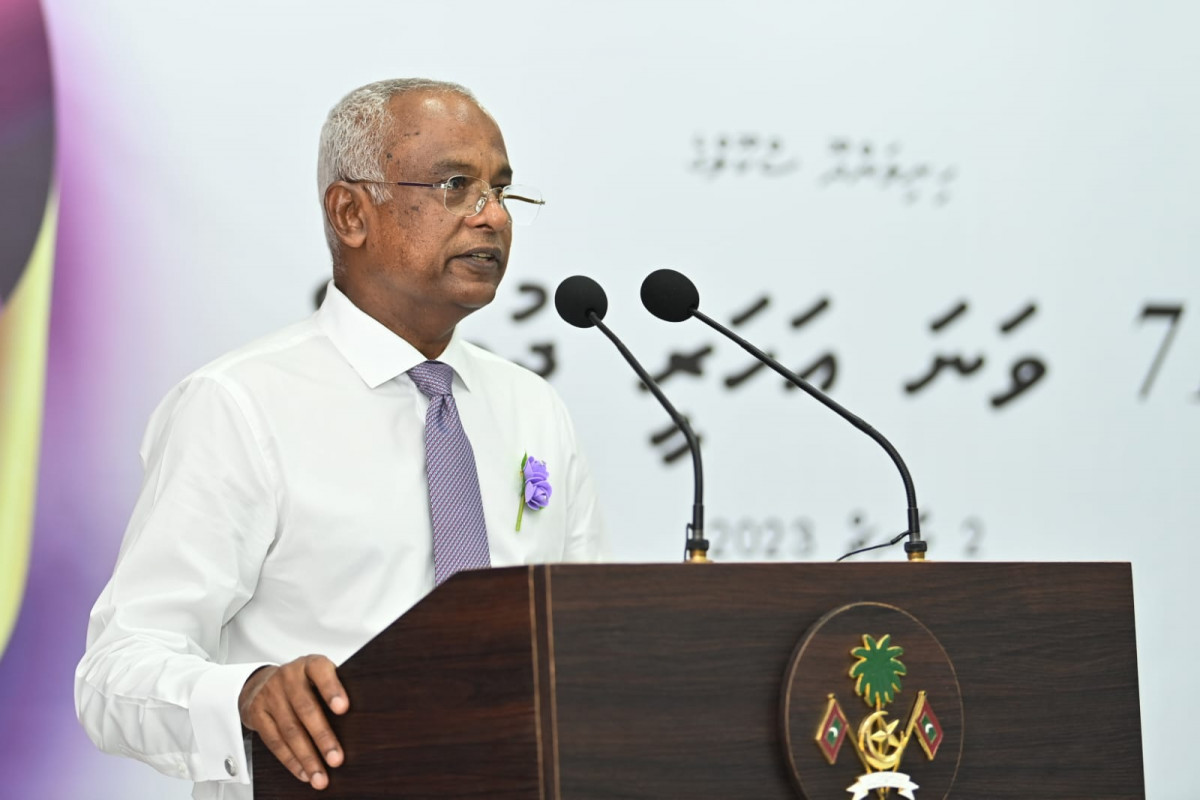Former AG Riffath summoned by ACC
Fayyaz and former Finance Minister Ameer are under ACC investigation for alleged misconduct in public office


Former AG Ibrahim Riffath
The Anti-Corruption Commission (ACC) has summoned former Attorney General Ibrahim Riffath, adding to a growing list of former high-ranking officials now under investigation. Riffath has confirmed the summons but indicated that details regarding the timing and purpose remain unclear.
This development follows recent summonses of several senior figures from the previous administration. On Monday, the main opposition Maldivian Democratic Party’s (MDP) Chairperson Fayyaz Ismail appeared before ACC in relation to allegations involving the controversial awarding of compensation to Swift Engineering Private Limited. The case revolves around a 2019 decision by the Alternate Dispute Resolution Committee, in which Fayyaz, as a member, is accused of misusing his position to grant undue benefits to the company, allegedly at the expense of the state’s financial interests.
Former Finance Minister Ibrahim Ameer was also questioned on Sunday. ACC is reportedly scrutinizing decisions made during his tenure, although Ameer has maintained that his conduct in office was both transparent and in service of the public good.
The dragnet has widened further with former Education Minister Dr. Aishath Ali scheduled to appear before the commission on Wednesday.
As ACC intensifies its focus on former ministers, concerns over political bias are mounting. MDP activists have staged protests outside the commission’s offices, accusing it of selectively targeting opposition figures while overlooking serious allegations tied to the current administration. Critics argue that ACC’s actions appear less about accountability and more about political score-settling, raising troubling questions about the independence and impartiality of the watchdog body.






